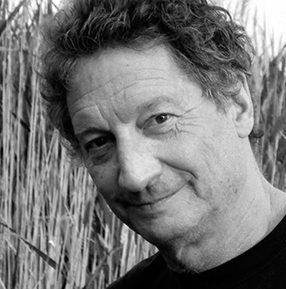Be Kind
Not merely because Henry James said there were but four rules of life— be kind be kind be kind be kind—but because it’s good for the soul, and, what’s more, for others, it may be that kindness is our best audition for a worthier world, and, despite the vagueness and uncertainty of its recompense, a bird may yet wander into a bush before our very houses, gratitude may not manifest itself in deeds entirely equal to our own, still there’s weather arriving from every direction, the feasts of famine and feasts of plenty may yet prove to be one, so why not allow the little sacrificial squinches and squigulas to prevail? Why not inundate the particular world with minute particulars? Dust’s certainly all our fate, so why not make it the happiest possible dust, a detritus of blessedness? Surely the hedgehog, furling and unfurling into its spiked little ball, knows something that, with gentle touch and unthreatening tone, can inure to our benefit, surely the wicked witches of our childhood have died and, from where they are buried, a great kindness has eclipsed their misdeeds. Yes, of course, in the end so much comes down to privilege and its various penumbras, but too much of our unruly animus has already been wasted on reprisals, too much of the unblessed air is filled with smoke from undignified fires. Oh friends, take whatever kindness you can find and be profligate in its expenditure: It will not drain your limited resources, I assure you, it will not leave you vulnerable and unfurled, with only your sweet little claws to defend yourselves, and your wet little noses, and your eyes to the ground, and your little feet.
Credit
Copyright © 2011 by Michael Blumenthal. First published in The New Republic. Used by permission of the author.
Date Published
01/01/2011

